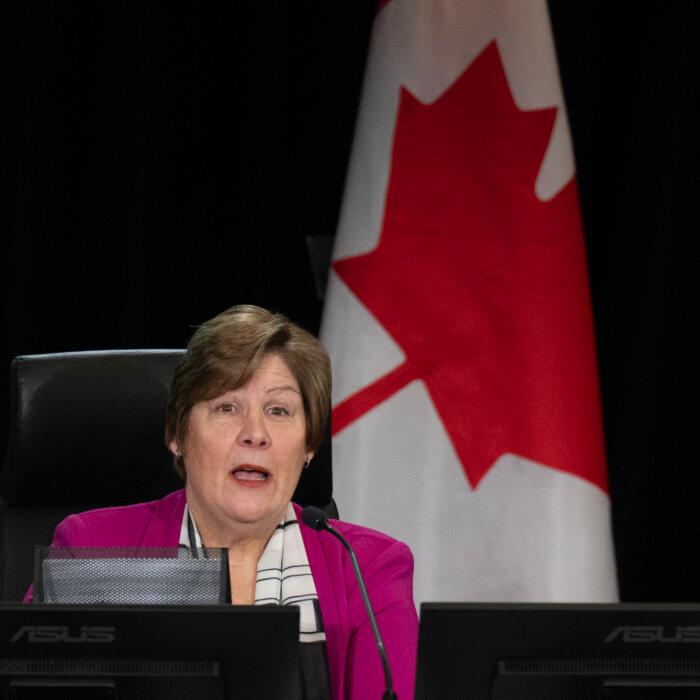Canada and China have agreed to “regularize” high-level talks between the two countries following a call between Prime Minister Mark Carney and Chinese Premier Li Qiang on June 5, the prime minister’s office said.
During the conversation, Carney and Li also discussed trade between the two countries, and “committed their governments” to cooperating to address the fentanyl crisis, according to the PMO’s statement.
It also says Carney raised “trade irritants” affecting agricultural and food products, referring to tariffs Beijing recently imposed on Canada. The statement also says Carney raised “other issues,” without providing further details.
The PMO confirmed to the media this was the first conversation Carney held with Beijing since becoming prime minister.
Speaking further about the call, Carney said on June 6 that the discussion was “the start of a process of recalibrating the relationship with China.”
“They are our second-largest trading partner, the second-largest trading partner for Canada,” Carney said.
“We have a number of trade disputes with China. Farmers across this country, fishers across this country are being affected by Chinese tariffs. People across this country have been affected by fentanyl and its precursors. Those are issues I raised directly, and we spoke at length about our concerns there, and have initiated processes, including ministerial-level dialogue on trade and other issues. So there are important issues with China that we need to address.”
Canada-China Relations
Ottawa-Beijing relations, already strained in recent years, have further deteriorated amid renewed trade tensions.Beijing’s latest measures include a 100 percent tariff on Canadian canola oil, oil cakes, and pea imports, as well as 25 percent levies on Canadian seafood and pork.
U.S. Ambassador to Canada Pete Hoekstra said recently that the United States wants Canada to align with its policies on China.
“The President has made it very, very clear. The No. 1 challenge to America’s security, to its safety and prosperity is China,” he said in an interview with The Globe and Mail. “We’re looking for, for people who will confront the challenges with China with us.”
Tensions rose further after intelligence leaks were reported by Canadian media outlets starting in late 2022 about extensive interference by Beijing in Canada’s democracy. This prompted a public inquiry into the matter, which ultimately identified China as “the most active perpetrator of foreign interference targeting Canada’s democratic institutions,” according to the Foreign Interference Commission’s final report published earlier this year.







